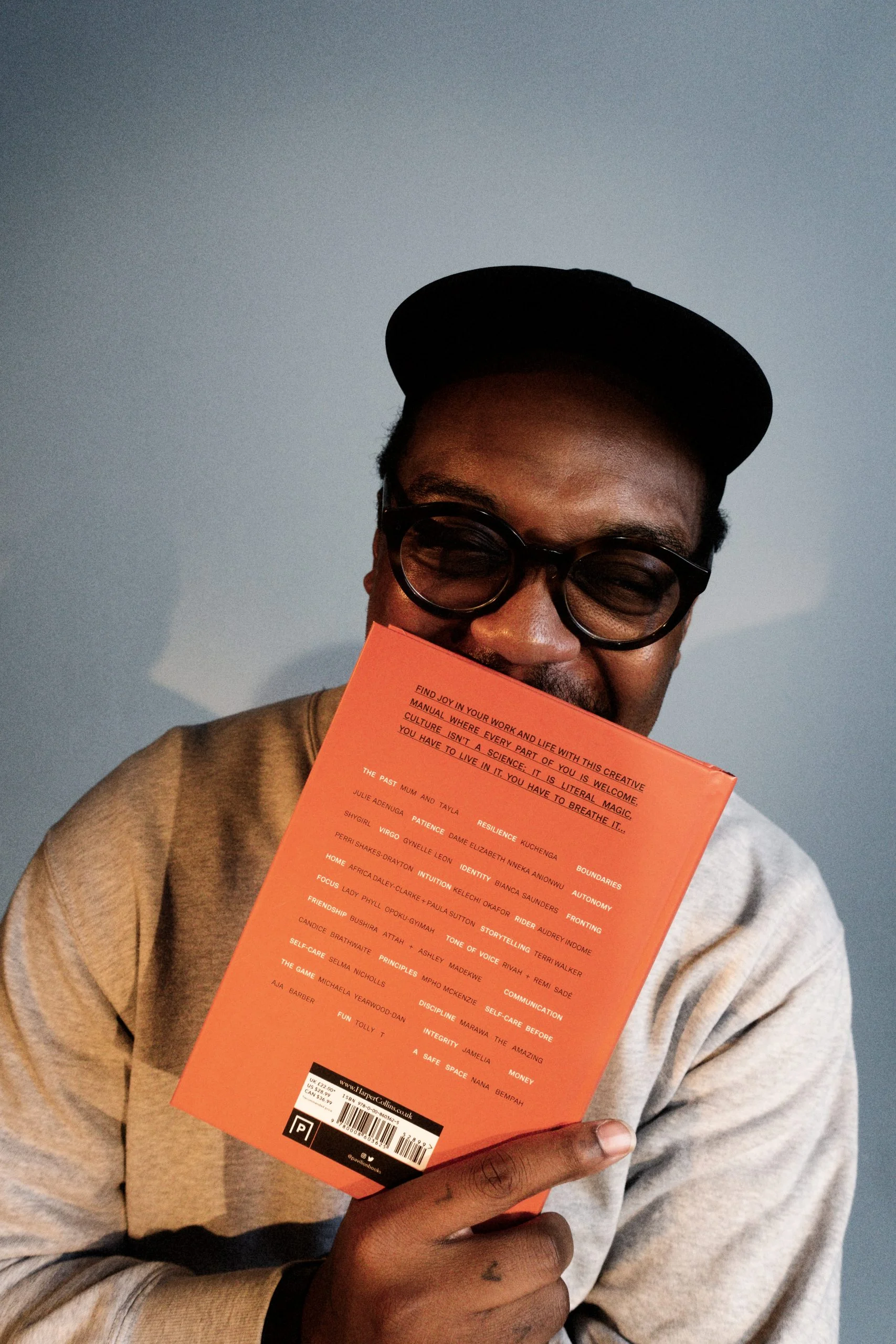UAE based Lawyer Afif Mshangama on Digitization and Law in the Fashion Industry
In 2020, the fashion industry experienced a rapid shift in traditional consumer patterns. Brands shifted to e-commerce, to adapt to and meet changing consumer needs.
Fast forward today, in continents like Asia, the industry is booming and digital trends have shaped the retail landscape across the continent. Most notably, the shift towards eCommerce since the pandemic has proved very successful.
According to the Statista Market Forecast, revenue in the UAE fashion industry, a leading fashion industry in Asia, is projected to reach US$2.9 billion in 2022, growing at an annual growth rate of 11.9% by 2025 to reach a projected market volume of $3.8 billion. The largest market segment is apparel, with a projected market volume of US$1.7 billion in 2022. It’s predicted that 35% of total market value will be generated via eCommerce and online sales by 2024.
This recent digital growth has presented opportunities for competitors and even counterfeiters to profit from the work of other brands. More than ever, brands are facing legal issues such as trademark, copyright and intellectual property infringement. Policy makers have attempted to pass new legislation to address the problem but these laws are just the first line of defense. Digital platforms and metaverses are the future of digital communication, “it requires a navigator to balance tradition with innovation and modernity”, says Pietro Beccari, CEO of Christian Dior in a recent article in Vogue Business. Since the pandemic, Dior has emerged as one of the most innovative luxury brands in digital marketing.
By no coincidence, this digital growth has made fashion brands inclined to hire the best lawyers they can find to help them navigate such issues.
UAE based lawyer Afif Mashagama says “Since this greater shift towards digitization, the business of fashion and luxury requires thorough understanding of the legal framework that governs a brand which includes protecting a brands integrity and understating how to present its products legally while navigating the competition, especially in the digital space”
Mshangama represents forward thinking companies such as UAE based Global Fashion Investments, CEO Kalpesh Ladwa explains “Mshangama has helped us move our businesses forward and is our go-to partner for complex disputes, transactions, and regulatory matters. He also brings to the table deep industry knowledge and solves problems with inclusive culture and innovative solutions. We are safe with him on our side, especially in knowing that our intellectual property is protected if our products are presented online”
Recently, there have been several high profile cases involving big brands that have represented issues in digitization and highlighted the importance of a brands ability to protect its property.
Early last year famous fashion brand Hermès filed and won a fake Birkin bag lawsuit and was awarded $100 million in damages to be paid by 34 websites. The digital platforms were selling counterfeit versions of the brand’s luxury goods.
The websites infringed on nine trademarks and evidence of such infringement was clearly presented by Hermes’ team of lawyers.
Mshangama, who also is the CEO of Nextcap, says that the size of the judgment reflects the defendants failure to adhere to earlier court orders.
He adds ”Not only did the perpetrators infringe upon several Hermes trademarks but they failed to adhere to several past orders demanding a cease of operations, the plaintiff’s motive to bring the case to court was a positive reflection of how laws can protect brands when evidence is clearly presented”
In another case commencing in February, Cartier claims that Tiffany & Co. attempted to secure secret information from two former employees in order to boost its jewelry division. Tiffany & Co. subsequently urged the U.S Supreme Court judge to dismiss the misappropriation of unfair competition and interference. LVMH-owned Tiffany & Co claims the attack by Cartier was calibrated for maximum publicity.
Richemont-owned Cartier’s lawsuit comes as Tiffany & Co. is currently in the midst of revamping its brand since being acquired last year by LVMH in a $15.8 billion deal.
Mshangama says “one of the biggest misconceptions about fashion law is that it’s all about protecting brands against counterfeiters. However, often it’s also about protecting brands against the competition.”
For more than two decades, Mshangama has provided exceptional legal counsel in sports to world leading athletes and organizations, which has now gained the attention of large brands in Asian fashion markets, including Global Fashion Investments in Dubai, United Arab Emirates.
He adds “Dubai is one of the world’s leading entertainment hubs, with a vibrant fashion scene. Eventually, it will compete with major fashion hubs like New York and Milan”
Credible lawyers like Mshangama have kept up with modernization and effectively transitioned into new markets. In Mshangama’s case, beyond sports and into other fields including fashion.
In the post-covid era of fashion digitization, it is safe to say that having exceptional legal representation to protect and represent your brand, offline and online, is a good strategy in an industry expected to reach a 3.8 billion market volume in the UAE by 2025.





